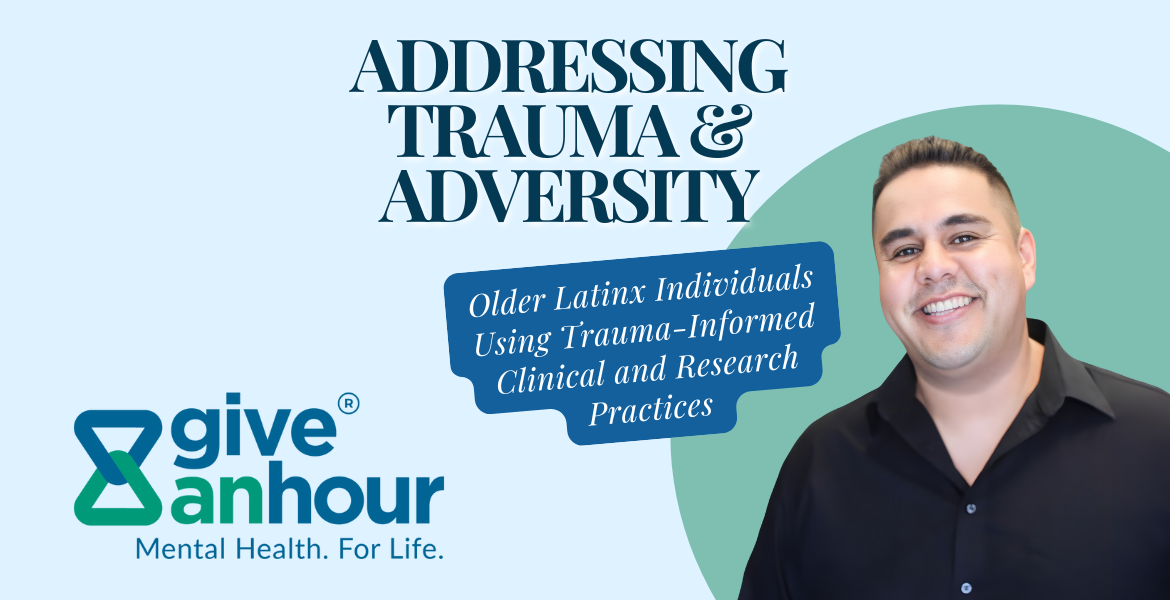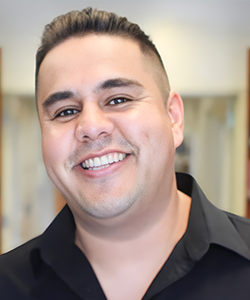
1–2 PM Eastern | 10–11 AM Pacific
Trauma & Aging: Engagement of Older Latinx Individuals Using Trauma-Informed Clinical and Research Practices
>>> Important <<<
We have launched ASA's new webinar platform. Find helpful information about the platform here.
Register Now
Includes one complimentary Continuing Education (CE) credit.
Closed captions are available for live and on-demand courses within specific browsers. Click here to see how to access and turn on the browser setting. If you still need to request speech-to-text captioning during this event, please contact us at least 5 business days prior to the live webinar so we may accommodate your needs.
Older Latinx communities are disproportionately exposed to social, health and historical challenges that may include traumatic events (e.g., discrimination, violence, grief, etc.) and hinder clinical and research participation. Increasingly we recognize the need to use Trauma-Informed (TI) principles in non-trauma–specific clinical practice and qualitative research. In this webinar, Dr. Camacho will discuss strategies to employ TI principles to enhance clinical practice and facilitate engagement in research.
Implementation of TI principles may include: 1) Structured reflexivity examining perceptions and beliefs about older adults, Latinx communities, and trauma; 2) Enhancing safety through transparent presentations and discussions about personal and institutional motivations; 3) Practicing cultural humility and honoring older adults’ strengths, wisdom, and personal resources to empower Latinx elders to share personal stories; and 4) Enhancing safety by developing a toolbox of appropriate and feasible coping mechanisms during and after listening to trauma histories.
Second, he will draw examples of TI-guided practices he employed in two recent clinical studies on chronic pain. Finally, based on these experiences, he will provide recommendations for incorporating TI into future clinical practice and research with older Latinx communities.
Participants in this webinar will be able to:
- List 3 reasons for incorporating trauma-informed principles into clinical and research practice with older Latinx communities.
- Identify 3 key reflexive questions when addressing trauma in older Latinx communities.
- Discuss at least 3 strategies to employ trauma-informed principles in clinical and research settings.
Presenters:
 David Camacho, PhD, is an assistant professor in the department of Disability and Human Development at the University of Illinois, Chicago. Dr. Camacho’s research focuses on developing and testing strategies that enhance the prevention and management of prevalent and morbid conditions associated with aging (e.g., chronic pain, loneliness, cognitive impairment) among Latino (Hispanic/Latinx) and other minoritized older adults. Dr. Camacho has held multiple clinical and research appointments across multiple community settings in Los Angeles and New York.
David Camacho, PhD, is an assistant professor in the department of Disability and Human Development at the University of Illinois, Chicago. Dr. Camacho’s research focuses on developing and testing strategies that enhance the prevention and management of prevalent and morbid conditions associated with aging (e.g., chronic pain, loneliness, cognitive impairment) among Latino (Hispanic/Latinx) and other minoritized older adults. Dr. Camacho has held multiple clinical and research appointments across multiple community settings in Los Angeles and New York.

